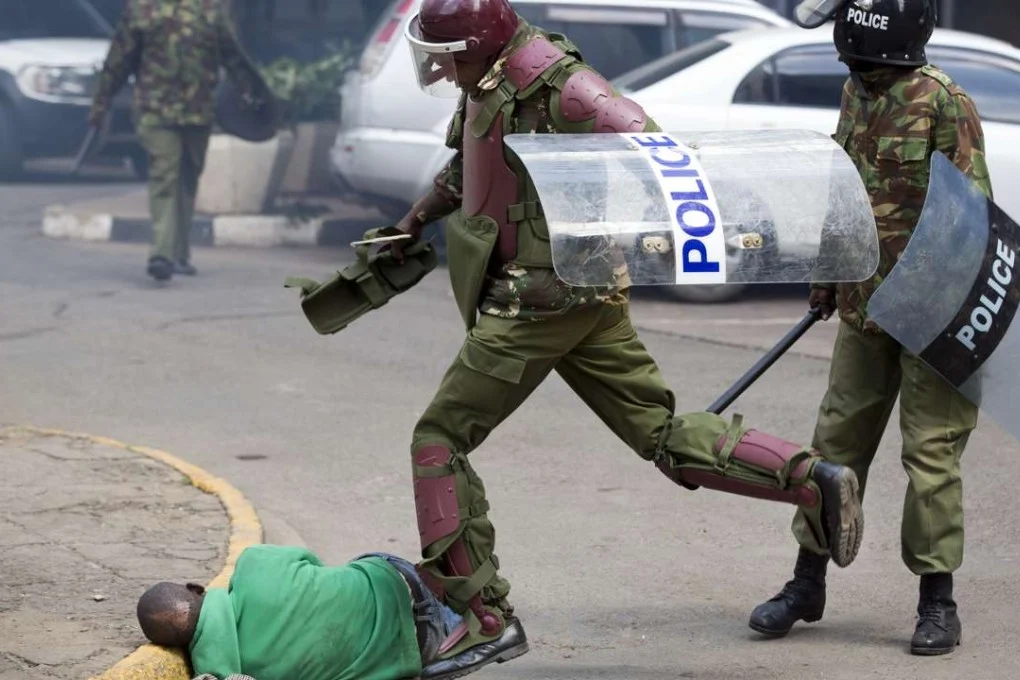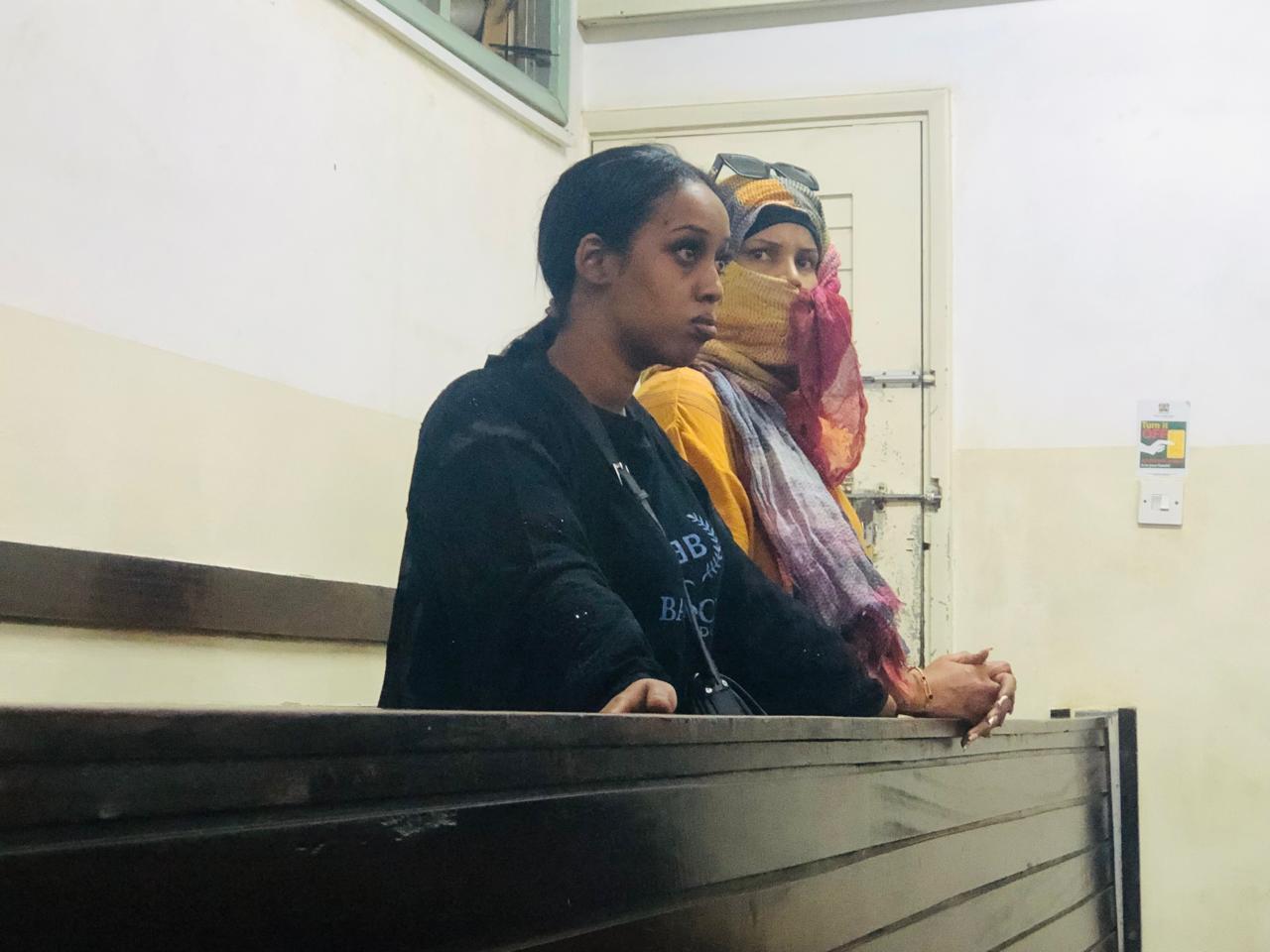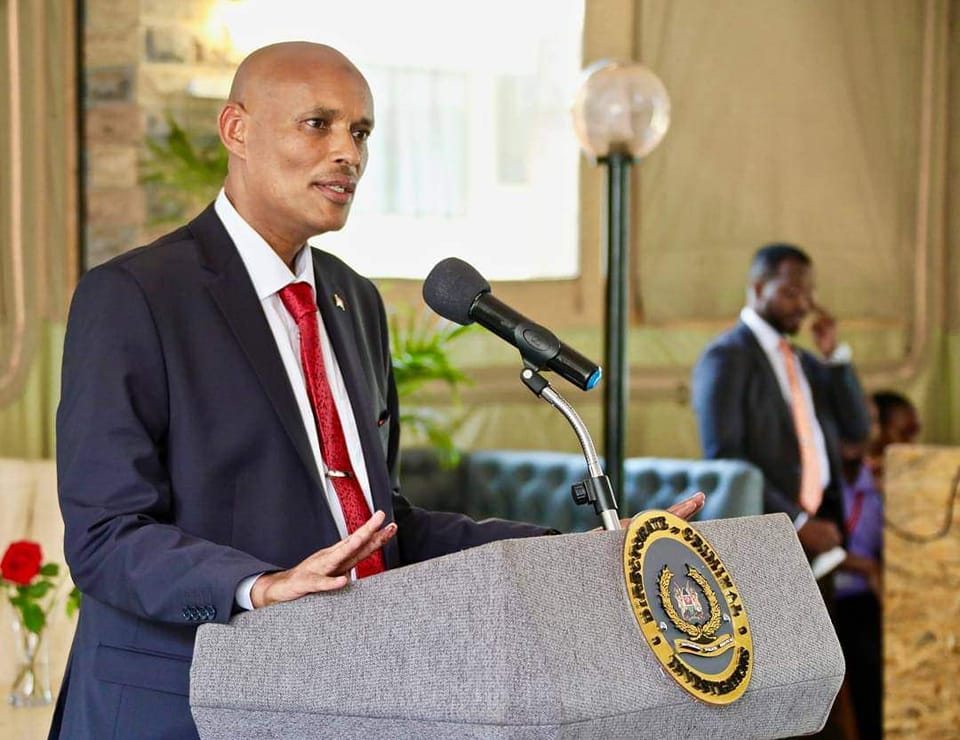In a chilling chapter of Kenya’s human rights history, the 2024 Missing Voices Annual Report reveals a staggering toll: 104 people killed by police and 55 others vanished at the hands of security officers in 2024. These harrowing figures paint a grim picture of escalating police brutality, unchecked by any meaningful accountability, as law enforcement turns on the very citizens it is sworn to protect.
The report marks 2024 as Kenya’s deadliest year for extrajudicial killings in recent memory, with June and July standing out as the bloodiest months. Nairobi led the toll, followed by Kiambu and Migori, counties where police actions have gone unpunished. While the number of cases dropped slightly from 2023, the loss of 104 lives to those tasked with public safety remains an unacceptable tragedy.
Strikingly, 91% of the victims were men, predominantly aged 18 to 34, a demographic disproportionately targeted during protests. This pattern points to a systemic assault on Kenya’s youth, fueled by a police force that operates with impunity.
Equally alarming is the surge in enforced disappearances, with 55 individuals vanishing in 2024, nearly five times the number recorded in 2023. June and July again emerged as the deadliest months for these mysterious abductions. Most victims, often linked to peaceful protests or dissent, were neither prosecuted nor given a chance to defend themselves in court. Their families are left in anguish, with no answers or justice in sight. These disappearances have become a chilling tool of state intimidation.
The report’s most damning revelation is the culture of impunity shielding Kenya’s police. Despite over 100 extrajudicial killings and 55 enforced disappearances, not a single officer has faced criminal charges. Of the 60 cases referred to the Independent Policing Oversight Authority (IPOA), only two have reached court. The Office of the Director of Public Prosecutions (ODPP) has consistently failed to pursue charges, reinforcing the perception that the law does not apply to those in uniform.
In a particularly egregious case, the ODPP dropped charges against eight senior officers implicated in the high-profile Baby Pendo case, effectively shielding those responsible for violence against a child. Compounding this injustice, the exposure of witness identities in court has further endangered lives, deepening an already appalling state of affairs.
Unanswered questions linger. In July 2024, 50 bullet-riddled bodies were discovered in Nairobi’s City Mortuary during protests, yet no clear investigation has addressed their deaths. The Missing Voices coalition suggests these killings may be tied to police action, but authorities have remained silent, unable or unwilling to explain these gruesome atrocities.
The Missing Voices coalition issues an urgent call for reform. They demand that Kenya ratify international conventions to protect against enforced disappearances and criminalise such acts under domestic law. They also advocate for a National Coroners Service to ensure impartial investigations into deaths, particularly those in police custody. Additionally, the coalition urges law enforcement to adopt technological tools, such as photo metadata analysis, to document unlawful force during protests and ensure accountability.
Each statistic in the report represents a life stolen by a system meant to protect. Mothers, fathers, and families still search for their loved ones, their stories unresolved. As Former Chief Justice David Maraga emphasises, these atrocities demand systemic change and fundamental police reform. Without accountability, Kenya’s police risk becoming an unchecked instrument of violence rather than a guardian of peace.
The time for Kenya’s leaders to confront this crisis is now. The police have become a brutal tool of oppression, and without radical reform, the nation will remain haunted by extrajudicial killings, disappearances, and impunity. The call for justice is urgent; action must follow.





